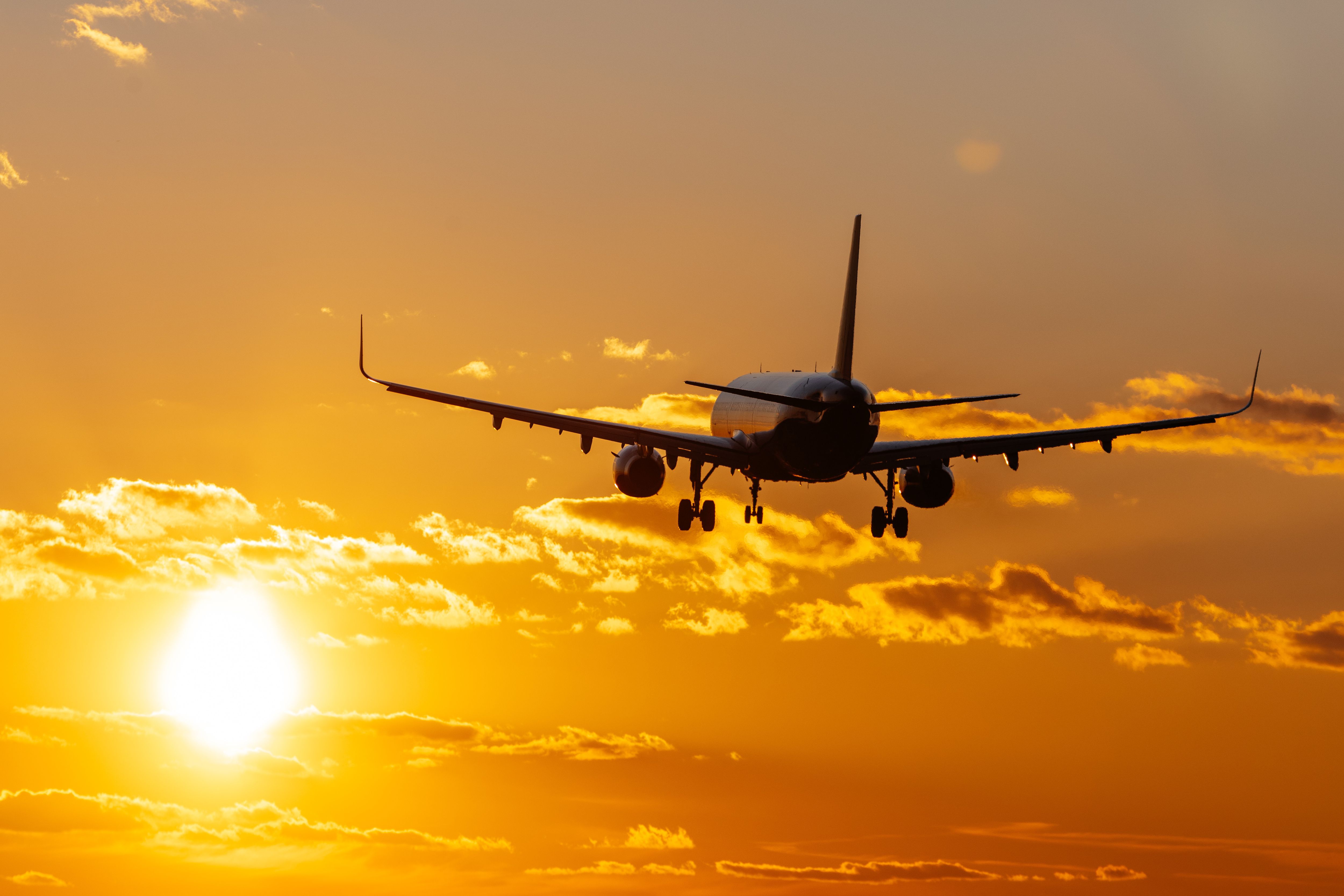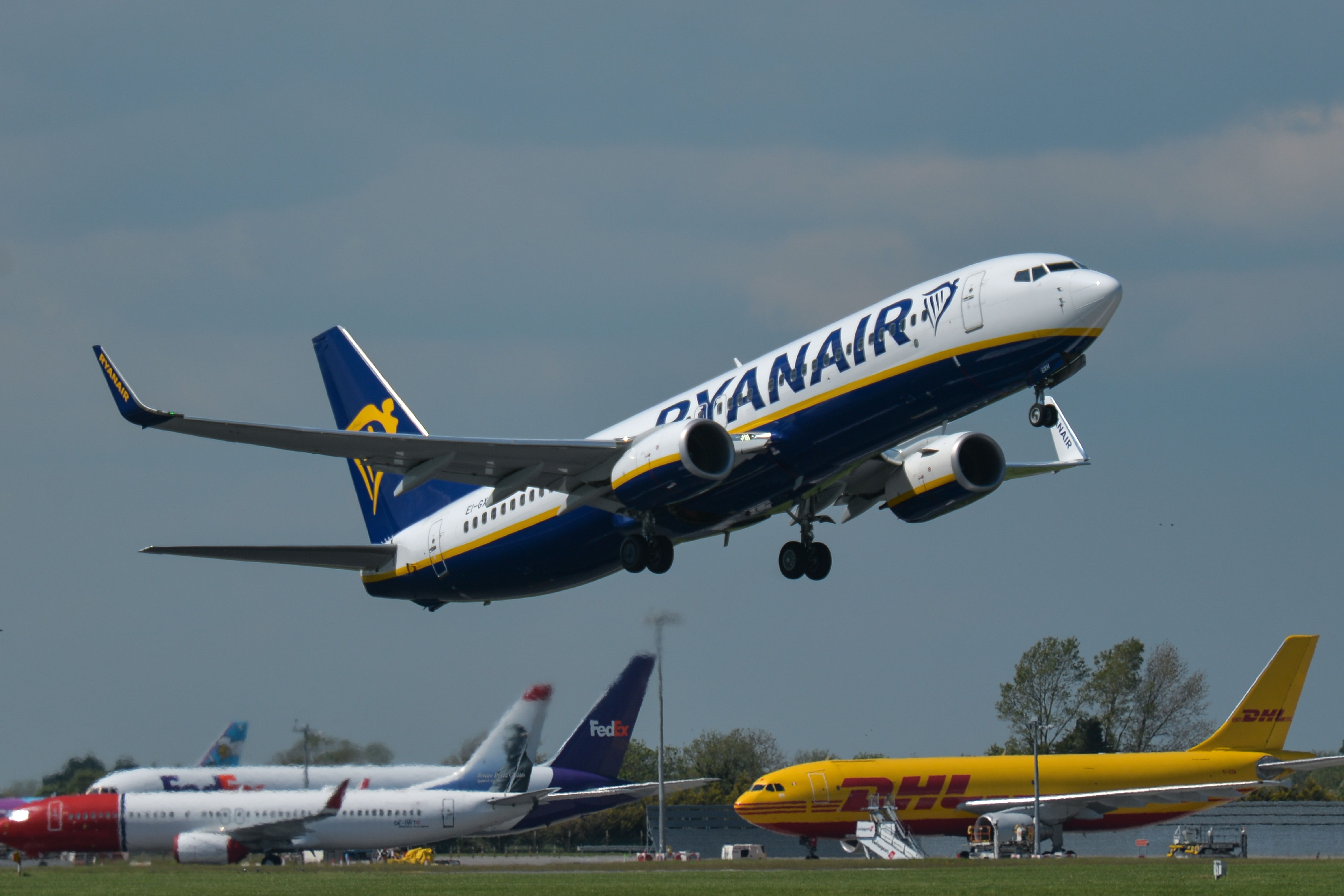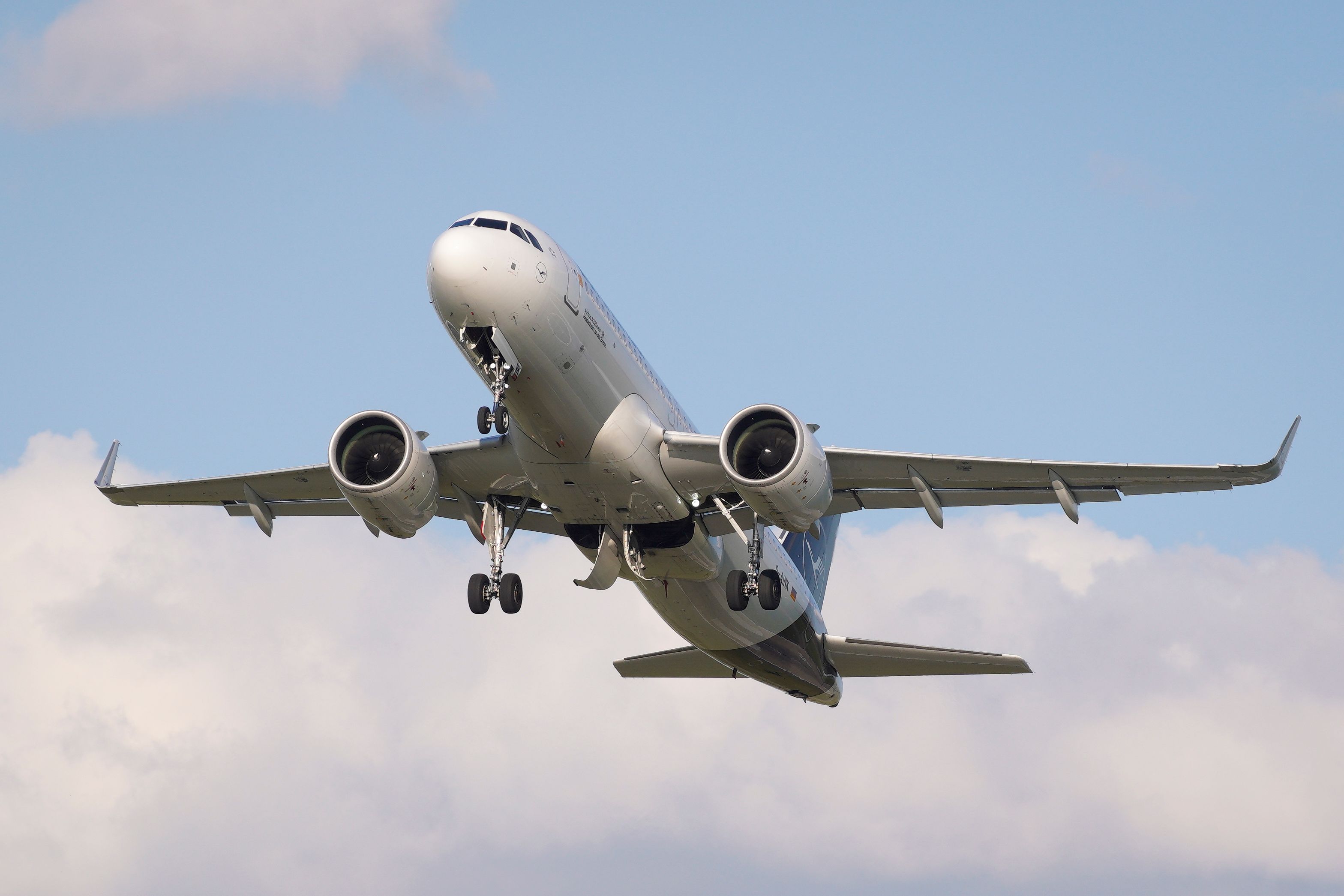Always an industry characterized by competition (some good-humored, some quite cutthroat), recently, airlines have been trying to outdo each other by declaring various climate-friendly investments. In the 2020s, it seems, everyone wants to be 'the greenest' and most environmentally responsible alternative. But are the airlines living up to their lofty statements? A Greenpeace report says no.
Far from it, the report commissioned by the environmental movement NGO states. It concludes that there is little to no substance to the claims made by the seven largest European airlines that they will manage to curb emissions to keep in line with targets established in the Paris Agreement (to keep global warming well below 2 °C (3.6 °F).
As big a polluter as almost all the Nordic countries put together
In 2019, the seven most prominent European airline groups were responsible for 170 million tonnes of greenhouse gas emissions. This is equivalent to more than the total annual emissions of Norway, Sweden, Denmark, and Finland combined.
Lufthansa, Air France-KLM, IAG (including British Airways and Iberia), Ryanair, easyJet, SAS, and TAP Air Portugal, are all accused of relying on 'false and inefficient' solutions such as 'carbon neutrality', carbon offsetting, and sustainable aviation fuels (SAF) to tackle emissions.
Smokescreen of 'false solutions'
Herwig Schuster, spokesperson for Greenpeace’s European Mobility For All Campaign, did not mince words when commenting on the findings of the report titled "Analysis of the environmental, social and governance information and performance of European airlines (from 2018 to 2020)," Mr Schuster stated,
“European airlines are putting up a smokescreen of false solutions that sound great, but in effect keep transport hooked on oil, distracting from their staggering emissions, lack of credible climate targets and insufficient measures to combat the impacts of flying. Even in the face of a climate emergency, airlines carry on polluting the air and hide their dirty business behind a wall of greenwashing."
All above-mentioned airlines have, along with the rest of the industry, pledged to go net-zero carbon emissions by 2050. Only a few have set up interim targets, which the report says are far from enough to make sufficient headway towards the mid-century goal.
Stay informed: Sign up for our daily and weekly aviation news digests.
Greenpeace is critical of the concept of net-zero, which, in all honesty, is problematic as it allows a polluter to continue to emit CO2 and balance the emissions out by paying someone else to hopefully save them in the future. This is the same reason why carbon offsets are controversial.
SAF and 'technology myths'
SAF, albeit currently in short supply, is predicted to become a multi-billion dollar industry ($15.7 billion by 2030). Greenpeace cites a study from the International Energy Agency from 2019, which indicated that SAF would make up 19% of airline fuel by 2040.
Much has happened when it comes to SAF over the past couple of years that the study did not predict, but there is still far too much reliance on crop-based so-called agrofuels as opposed to the forthcoming Power-to-Liquids or e-fuels.
Airlines are also accused of relying too much on future technology far from becoming commercially available. And indeed, researchers have warned of “technology myths” that are stalling the necessary progress in climate policy for aviation. Mr Schuster continued,
“The European Union and its leaders cannot continue to let the aviation industry get away with their false climate solutions and must bring down emissions, starting with a ban on short-haul flights and a reduction of business flights wherever reasonable train alternatives exist.”
It's noteworthy to add that the report looked at data leading up to 2020. Since then, airlines have returned with new ambitions in a bid to operate more sustainably. Our findings at recent events such as the Sustainability Summit, this spring, highlight that technology involving the likes of hydrogen could be critical in this next stage. Nonetheless, plenty of work needs to be done in this next chapter.
Do you think airlines engage in greenwashing and rely too much on "technology myths"? Should they curb flights, or are they doing the best they can? Leave a comment below and share your view on whether or not there is such a thing as 'carbon neutral flying'.



